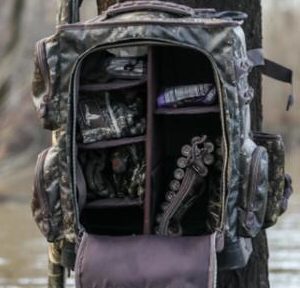
It’s easy to watch commercials on hunting channels and convince ourselves that we need that new piece of kit if we’re going to be more successful.
I can’t tell you how many times I’ve wandered around a Cabela’s in an absolute wonder-lust for all the shiny things I clearly need to add to my pack this year.
That’s actually how my hunting gear began.
Earlier in this series, I told you a story about my first hunting trip. I finally convinced a friend to take me out and teach me some basic woodsmanship skills, and I showed up with WAY too much junk strapped on.
When I got home late that night, I dumped all that clunky, gimmicky, specialized, (read: ‘really useless’) stuff into the bottom of my closet and haven’t picked it up since.
As I’ve grown through the years as a hunter, I’ve also realized that my friend was on the right page with his “light & tight” approach to gear.
I thought I was headed into the woods that day prepared better than the most decorated of boy scouts, but I was actually putting a huge limit on my chances of success instead.
Hunting “Light & Tight” : Prioritize Mobility & Stealth
The less you have to carry – the more successful you’ll be.
Lugging that awkward, loud pack through the timber that day taught me a fast lesson: less gear is better.
I started looking for multipurpose, versatile pieces of gear that would limit the amount of stuff I needed to carry with me – both on day hunts, and multi-day trips.
My priorities shifted from being prepared for every possible situation to being highly mobile and stealthy as I hunted.
Over the years I’ve changed my setup several times, and I’ve found some tricks that really helped me in my goal to hunt “light and tight”.
How to Make the Most of Your Hunting Pack?
Getting a good, versatile pack can make a HUGE difference in your mobility and adaptability in the field.
Your pack will do more than just carry your gear.
My favorite packs have been ones that I can use in several different hunting situations, from days spent in a tree stand to long hikes away from camp during longer trips. Expansion zippers are always helpful since things get jumbled around and shoved in there before the trip is over. A good system of pockets and compartments keeps gear stable and quiet. Compression straps to bind everything tight and snug against the body are an absolute requirement. Even on my lighter day-packs, I still prefer a solid harness to keep my pack close to my body and prevent sliding around while moving. There are also so many good pack options made from durable, quiet fabric on the market, there’s no excuse for using cheap, flimsy packs anymore. Unfortunately, there’s no one pack that can do it all. Sure, you can carry that external frame pack to the tree stand with you, but then you’re not running as “light & tight” as possible. I have two packs that I use to cover a wide range of hunting applications. If you’re anything like me, you’ll be a happier hunter if you have two packs to use together. This is probably the most widely available style of the pack you’ll find. Some of my favorites are wide-belted waist packs (because your mom wears a “fanny pack”) and a really trim, lightweight shoulder pack. Here, I’m looking for a pack that I can move with and almost forget I’m wearing. It should be just barely big enough for the job, and even then that might be too large. This is the pack I’ll grab for a morning hunt that will only last a few hours. I keep it loaded with my necessities and ready to grab at the last minute when trying to squeeze in an impromptu hunt. When I’m on much longer trips, I like a day pack that can be strapped around my larger frame pack, for use once we setup drop camp. It’s also right at home when I’m hunting from the truck on public land near the house and have the option of dragging deer to the road and driving to pick it up. My second pack is for hunts that will require more gear (an overnight trip for example) or a pack-out when I’m hunting far from the roads or camp. I prefer an external frame pack with a removable main compartment over an internal frame pack. The external frame allows me to strap tree stands, mineral blocks, awkward loads, or uneven animal quarters with lots of versatility. When you’re building your “light & tight” hunting pack, it’s easy to pack too much or not enough for the task at hand. Below is a simple list of the types of things I always carry in my packs. Not much else gets in there. GAME PROCESSING: Knife, game bags, paracord, latex gloves SAFETY: First Aid, orange, fire [starters?], communication (phone), bug repellant NAVIGATION: GPS, map/compass LIGHT: Headlamp, flashlight, glow sticks to mark downed animals LAYERS: Outerwear, rain gear. Also making sure there is room to add insulation layers during the mid-day heat SPARES: Extra bow release, knife, batteries OPTICS: Binoculars, range finder. These usually come out of the pack and are worn on a harness and in a pocket during active hunting. FOOD: Water, meals, snacks OVERNIGHT: Cooking, sleeping, shelter, other layers, a system to mount my bow/rifle to pack The truth is: Hoarders Make Bad Hunters! Only take what you need, and leave the gadgets at home. A few $1 buckled straps will give you options if you kill an animal or need to get something into some rough country on your back. My Gear: I’ve become a big fan of the Tenzing TZ1200 day pack. It’s super trim, stays close to my body when I’m hunting, and carries way more gear than it should for its size. More ReviewWhich Pack Style is Right For Me? (All of them)
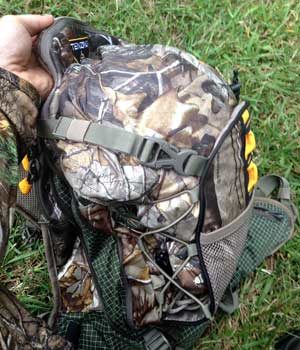
2) A Sturdy Frame Pack.
What Do You Carry in a “Light & Tight” Hunting Pack?
As you’re choosing a hunting pack, remember: You should be able to hunt in it!
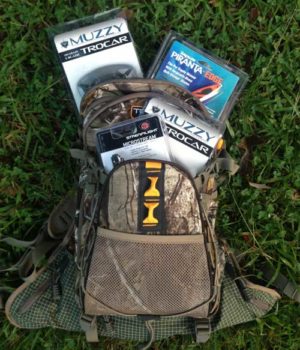


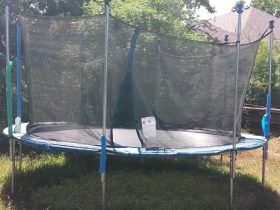


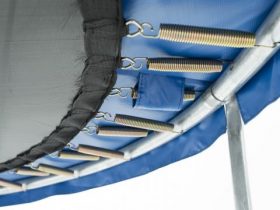
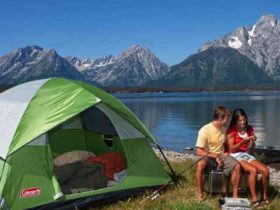


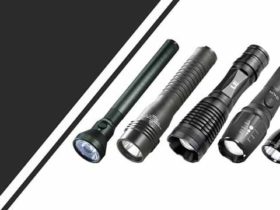

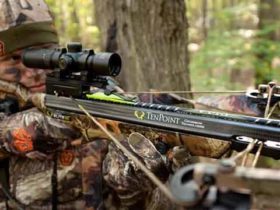

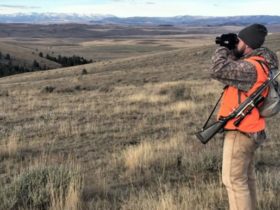

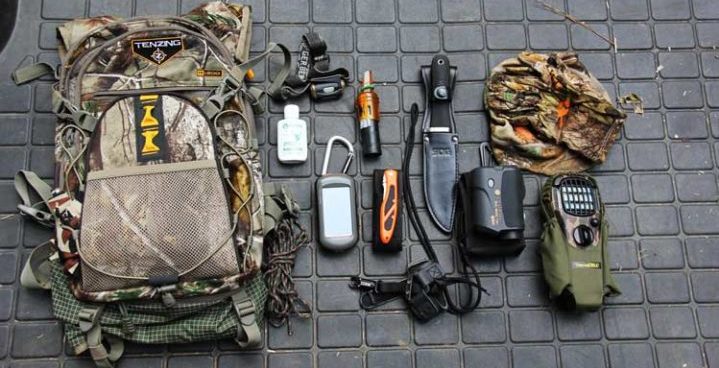
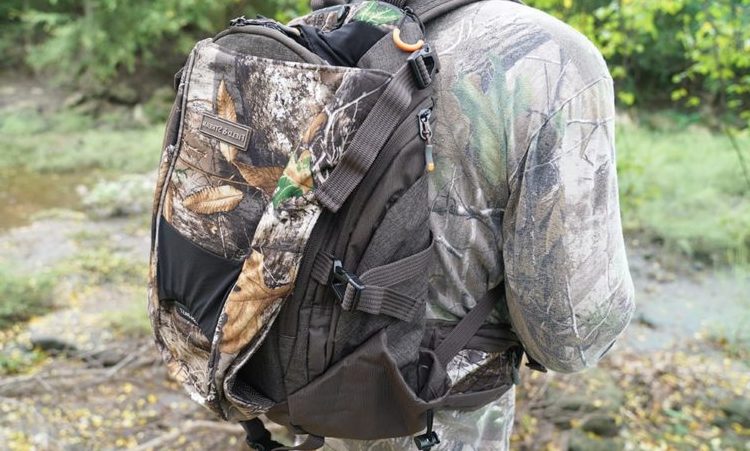
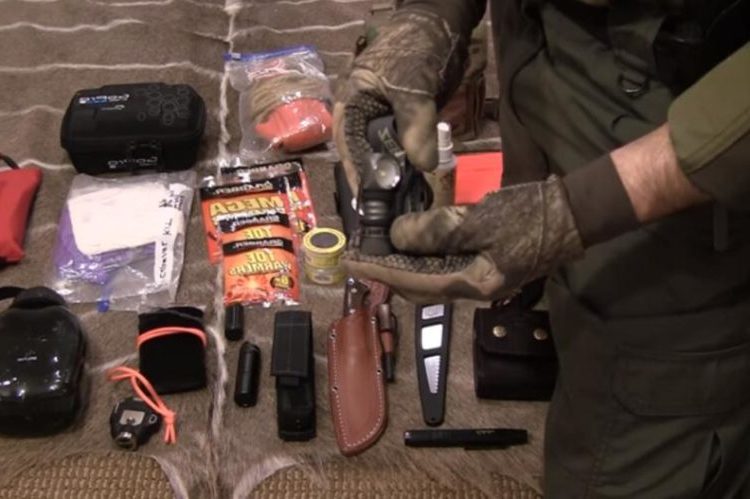




Leave a Reply
View Comments